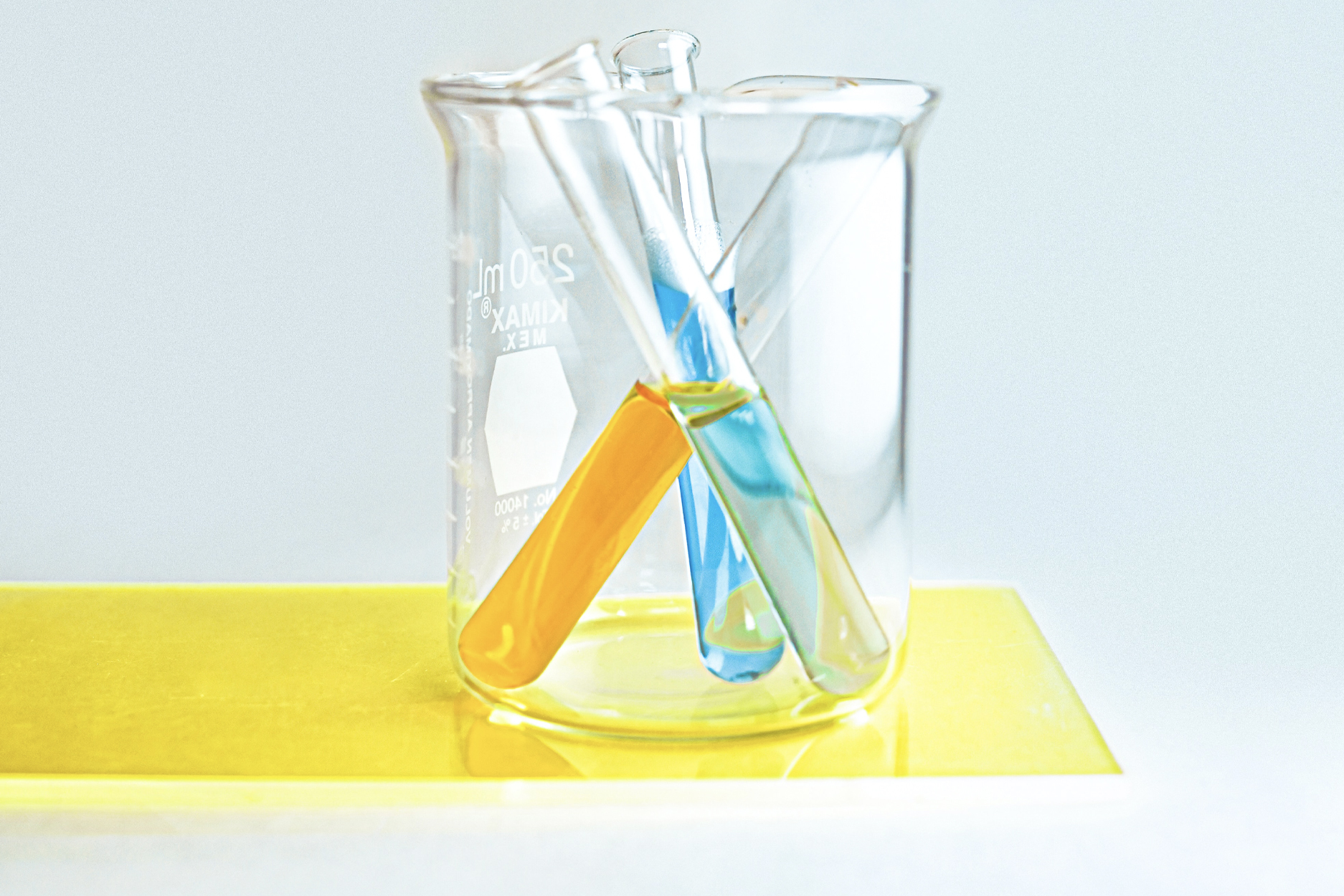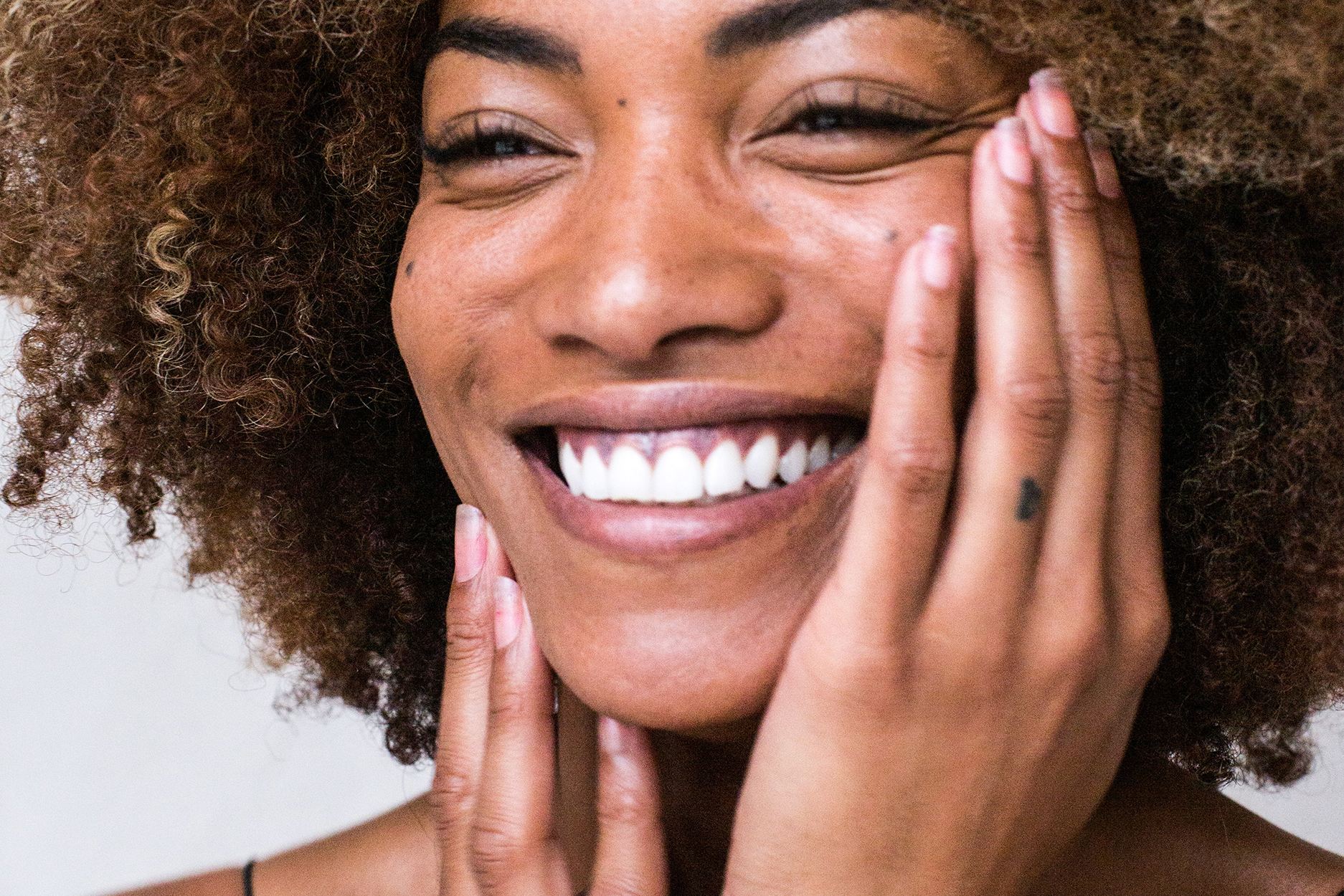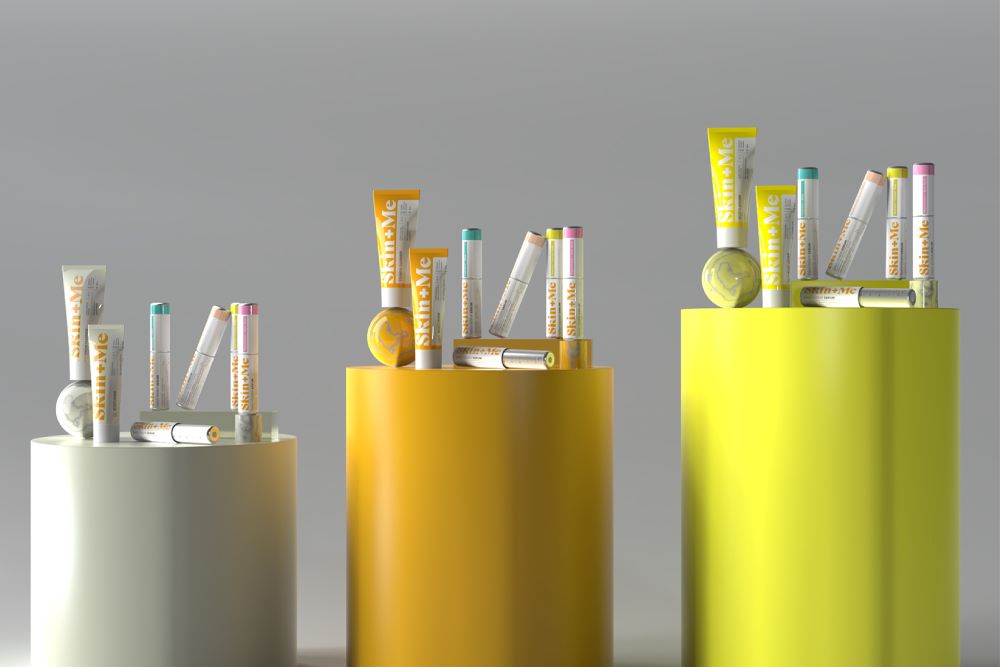You’re Invited! Join The Party At John Lewis

Like and share the article here:
Myth Buster: What’s The Difference Between Retinol And Retinoids?
Here at Skin + Me, we’re all about the details. And while at a glance the words retinol and retinoid might sound interchangeable, they’re not actually the same thing.
The difference between the two is a useful bit of beauty intel to have in your back pocket. Why? Because finding the right skincare to meet your unique needs – and get the best results – starts with an understanding of the effectiveness of active ingredients. So, let’s find out how to tell your retinol from your retinoids.
What’s the difference between retinol and retinoids?
As the names suggest, retinol and retinoids are related, but they aren’t identical.
A retinoid is the broad term for a family of compounds derived from vitamin A. The term retinoid covers both over-the-counter formulations and prescription retinoids.
Retinol is just a specific type of retinoid, which is available over the counter. There are several other types of retinoid, which we’ve listened in order of increasing strength below:
Retinyl retinoate
Retinol
Retinal
Tretinoin (also known as retinoic acid)
Potent skincare heroes, retinoids work deep in the skin, on a cellular level, to boost collagen production for a healthy, glowing complexion. Not only do they support the skin’s ageing process, they are also great at fighting spots caused by acne or rosacea.
What is tretinoin and why would I need it?
Tretinoin (the generic name for retinoic acid), is the most effective retinoid out there, and is only available on prescription. That’s why you might find it in your Skin + Me Daily Doser treatment cream if you have a skincare concern like acne, hyperpigmentation or the early signs of ageing that warrants some professional TLC.
Tretinoin gets to work by accelerating new skin cell growth, which speeds up the removal of dead skin cells and debris that can block your pores. It makes pores less visible, and reduces fine lines and wrinkles. The gold standard ingredient also gets busy repairing sun-damaged cells, evening out skin tone, smoothing discolouration and calming any inflammation.
Wondering why is tretinoin so effective? Weaker retinoids like retinol need to be converted into retinoic acid by enzymes in the skin in order to work. This retinoic acid then works by activating receptors found on skin cells. The conversion of retinol to retinoic acid is a slow process and varies between individuals.
Tretinoin is the most powerful retinoid available as it doesn’t need to be converted – it already is retinoic acid. This is the reason why most over-the-counter retinoids will be less effective than their prescription-strength counterparts and why it takes longer to see results.
What is retinol?
Retinol is a popular ingredient in over-the-counter skincare products. As we just mentioned, it’s broadly less potent and different to tretinoin from a scientific perspective. Studies have shown retinol to be 20 times less potent than tretinoin, although it can be used to treat the same skin concerns – it might just take longer or be less effective.
It’s worth noting that cosmetic products containing retinol do not have to go through anywhere near the same rigorous, scientific process to show their effectiveness as prescription medicines like tretinoin. Retinol is also inherently much less stable than tretinoin, which means it’s easily broken down when exposed to sunlight and air, so it can be challenging to formulate it into cosmetics effectively.
Treating acne with retinoids
Retinoids have anti-inflammatory properties and pore clearing abilities, meaning that dermatologists often use them to treat acne. The type of topical retinoid prescribed for you will depend on a number of factors such as the severity of acne, previous use of retinoids, how well retinoids are tolerated and your skin type.
Combination therapy is usually the most efficient way to treat acne with retinoids. Several studies have shown that combining topical retinoids and antibiotics (such as clindamycin, which may also be prescribed as part of your Skin + Me Daily Doser) is a highly effective treatment.
Which retinoid is best for your skin?
Retinoids are much-loved because they (whisper it) really work. A retinoid like retinol or tretinoin can target a range of conditions from the signs of ageing to pigmentation and acne. Consistent, considered use will give you the most success.
On the flipside, make sure you’re clued-up when it comes to potential mild side effects associated with retinoid use. If your skin is dry or sensitive to products, then it’s important to take that into account. Combine retinoid use with a simple, mild skincare routine – and don’t combine your retinoid with other products that contain powerful actives.
Ease yourself in. Be aware that retinoids can cause “purging” during the first few weeks of use. Purging is when you experience a breakout of spots or a worsening of existing acne in the first few weeks while your skin is adjusting to a new skin treatment. Retinoids can also trigger a process called retinisation, when mild redness, dryness and irritation occur as your body adapts. These are temporary side effects and should pass in a few weeks, but if you’re worried you should stop using them and talk to your clinician.
This is why at Skin + Me we create tailormade retinoid concentrations. If you’ve been prescribed tretinoin, your skin will slowly get used to higher concentrations as the strength in your solution evolves monthly. This way you can enjoy the benefits of prescription-strength tretinoin whilst building a tolerance to give you the best results.
Building a skincare routine when using retinoids
When starting off your retinoid journey we advise avoiding any other active skincare ingredients in particular exfoliants such as AHAs, BHAs and harsh cleansers or toners to minimise the risk of irritation. These products can later be introduced once retinoids are tolerated to maximise the benefit of both active ingredients.
We advise that you use a non-comedogenic moisturiser (like our Soothe + Smooth range) ten minutes after the application of your retinoid to further minimise irritation. This is particularly important during the first month of use, but also during colder months when retinoids can be less tolerated and irritation is more common.
Oh, and never scrimp on suncream – whatever the weather. Skin treated with retinoids can become more sensitive to the sun’s damaging UV rays, so a daily SPF (factor 30 at least) should still be a non-negotiable part of your healthy skincare strategy. We developed the Skin + Me Daily Defence Sunscreen to work in tandem with active ingredients, including retinoids, to provide excellent protection for your skin. Using your treatment as part of your night time ritual is also essential as UV can break down retinoids during the day, making them less effective.
Lastly, a note to remember that retinol and retinoids are not suitable during pregnancy, trying to conceive or if you are breastfeeding. Azelaic acid and niacinamide, are good alternatives and pregnancy safe.
Final thoughts
Members of the retinoid family come in different strengths to suit different skin types. They’re a super effective bunch that work deep in the skin, on a cellular level, to target acne, hyperpigmentation and the early signs of skin ageing while enhancing your skin glow. If you’re unsure which one you should use, it’s worth speaking to a professional – you can complete your free Skin + Me consultation here.
New to Skin + Me? Get your first month of personalised skincare for £4.99 with promo code DOSE – complete our quick consultation here.
Looking for a routine refresh? Add the Dream Routine to your Skin + Me subscription.
In need of a restock? Head to The Skincare Shop for one-off purchases of your Routine Essentials.



